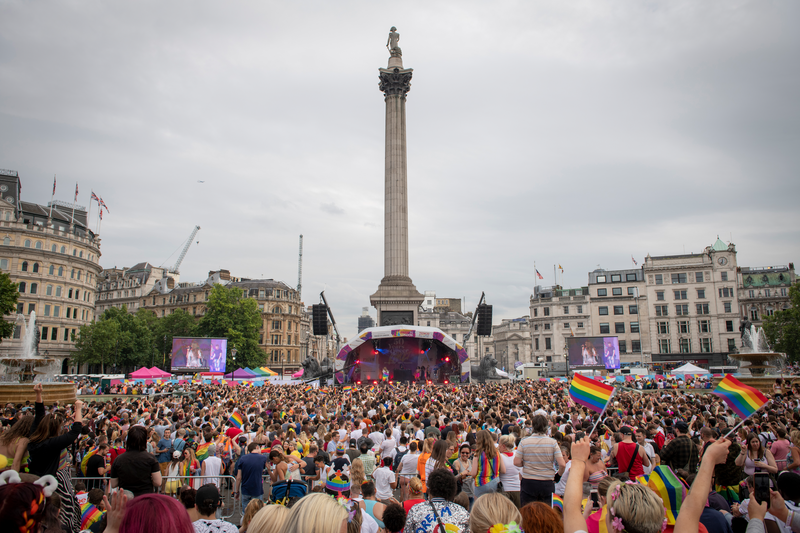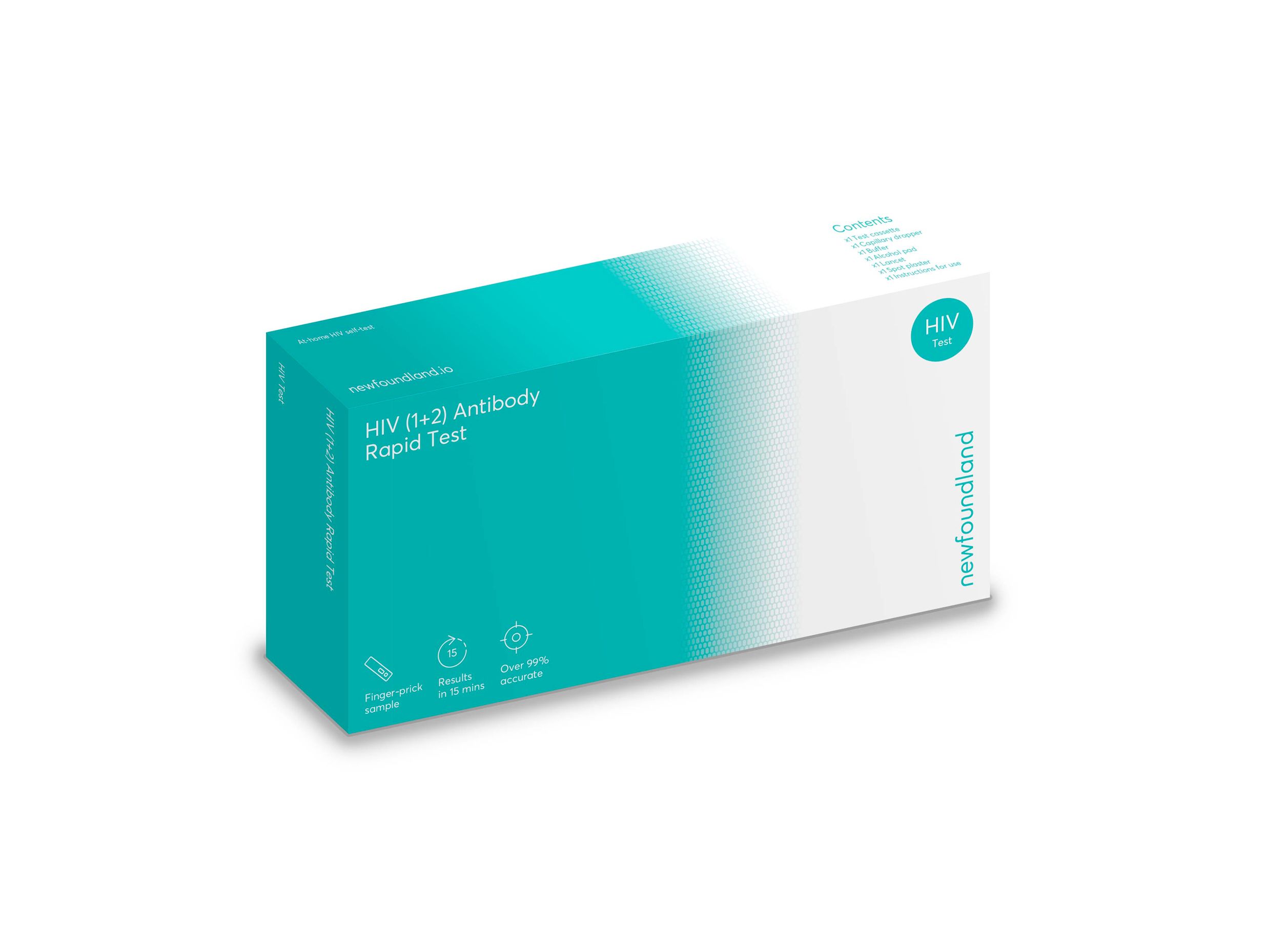El sábado tuvo lugar en Londres la 51ª edición del Orgullo, en la que se celebraron los tres valores fundamentales del Orgullo: visibilidad, unidad e igualdad. Más de un millón de personas recorrieron las calles de la capital para mostrar su apoyo a la comunidad LGBTQIA+.

El orgullo y el VIH han estado estrechamente ligados desde el estallido del sida en los años ochenta. Sin embargo, mientras que en años anteriores un diagnóstico de VIH solía ser fatal (cobrándose más de 40 millones de vidas), en la actualidad las personas infectadas por el virus pueden llevar una vida larga y sana gracias a los tratamientos disponibles. Además de los avances en el tratamiento, uno de los factores más importantes es el aumento de las pruebas que permiten un diagnóstico y un tratamiento más precoces, evitando así nuevas transmisiones.
En la actualidad, gran parte de la atención se centra en combatir el estigma que rodea al VIH y al sida (los medios de comunicación solían referirse a la enfermedad como la "plaga gay"). Sin embargo, cifras recientes muestran que se diagnostica el VIH a más heterosexuales que a hombres homosexuales y bisexuales. Y ello a pesar de que, debido a la pandemia de Covid 19, el número de pruebas del VIH entre los heterosexuales disminuyó un 33%, mientras que entre los hombres homosexuales y bisexuales sólo disminuyó un 7%. Entre los nuevos casos entre heterosexuales, también hubo una distribución equitativa entre hombres y mujeres, lo que demuestra que el VIH es ahora un problema que afecta a toda la población, no sólo a los hombres homosexuales y bisexuales.
Newfoundland lanza el primer autotest del VIH integrado del mundo, que permite hacerse la prueba sin tener que pedir cita ni esperar. La prueba es fácil de usar y proporciona resultados en solo 15 minutos sin tener que enviar nada a un laboratorio y esperar los resultados.

El gobierno británico se ha fijado el objetivo de reducir el número de nuevas infecciones por VIH para 2030. Para alcanzar este objetivo, toda la población debe adoptar una cultura de pruebas periódicas, especialmente la comunidad heterosexual, que sigue siendo menos consciente de los riesgos de la infección por VIH.